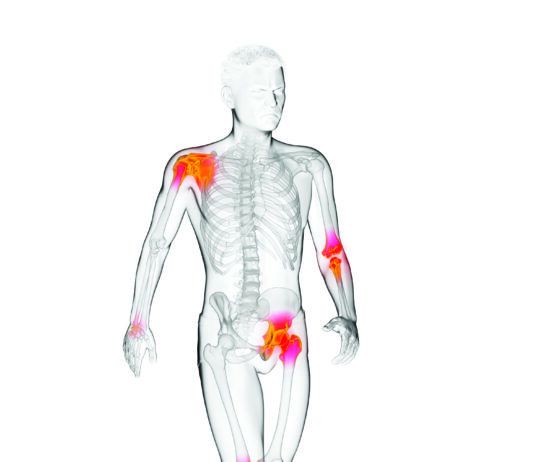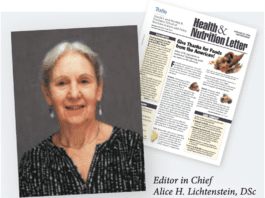A Big Belly Is Dangerous-Even If Youre Not Overweight
Watching your waistline just got serious. A large new study links extra waist circumference to increased risk of death-even if youre not otherwise overweight.
Substituting Meat for Carbs Linked to Diabetes
Since carbohydrates can boost bloodsugar levels, it makes sense that a low-carb eating regimen like the Atkins diet should help ward off diabetes- right? Not so fast, according to a new analysis of two decades of data on 41,410 men. Lawrence de Koning, PhD, of Harvard School of Public Health, and colleagues found that low-carb eating habits were actually associated with a greater risk of developing diabetes.
More Evidence Dietary Fiber Reduces Heart Risk
Previous studies in the US and Europe have reported that dietary fiber may help protect against heart disease. Now a new Japanese study has found a similar association, suggesting that the cardiovascular benefits of fiber may extend beyond the Western diet.
Vitamin D Might Help Ward Off Diabetes
Two new studies presented at the annual meeting of the Endocrine Society suggest a role for vitamin D in the prevention of diabetes and other chronic diseases. The so-called sunshine vitamin, proven to be important in bone health, has lately been linked to possible benefits against a wide range of diseases.
Low in B Vitamins? Depression May Be Lurking
Previous studies have suggested that B vitamins might help protect against depression, but these were mostly snapshots at a single point in time. Now a new study connects B-vitamin intake among 3,503 seniors, initially free of depression, over a span of 12 years: For every 10-milligram increase in daily vitamin B6, risk of developing depression declined by 2%. The same was true for every additional 10 micrograms of vitamin B12.
Calcium-Heart Concerns: What Should You Do Now?
If recent headlines have made you rethink your use of calcium supplements, Tufts Bess Dawson-Hughes, MD, has some words of wisdom for you: This is absolutely no reason to panic.
Folate and Fish Might Protect Your Hearing
Hows that again? You may need more folate and fish to help prevent hearing loss? Those are the latest findings of the Blue Mountains Hearing Study, which suggest ways nutrition might protect against the most common sensory disorder in the United States, affecting more than 36 million Americans.
Eating Eggs Not Linked to Extra Diabetes Risk
Eating an occasional egg, even almost daily, probably wont increase your risk of type 2 diabetes, according to a new study. Previous research has linked very high consumption of eggs-generally, seven or more eggs a week-to greater likelihood of developing diabetes. But researchers wanted to know if less-frequent egg eaters were also boosting their risk.
Extra Pounds or Not, Sugary Drinks Increase Diabetes Risk
B everages sweetened with sugar or high-fructose corn syrup can boost your risk of type 2 diabetes-even if the calories dont make you fat. An analysis of 11 studies totaling more than 300,000 participants fnds that consump- tion of such sweetened drinks appeared to increase the risk of diabetes independent of their effects on obesity. People drink- ing one or two non-diet drinks daily were 26% more likely to develop diabetes than those sipping less than one a month. Consumption of sweetened drinks was also linked to a 20% greater risk of metabolic syndrome, a cluster of symptoms that can lead to diabetes and heart disease.
People Who Eat More Produce Less Likely to Die of Heart Disease
Eating just one more serving of fruits or vegetables daily cut the risk of dying from heart disease by 4% in an observational study of more than 300,000 Europeans in 10 countries. And people who ate the most produce-eight or more daily portions-were 22% less likely to die of heart disease than those eating two or fewer daily portions of fruits and vegetables




























